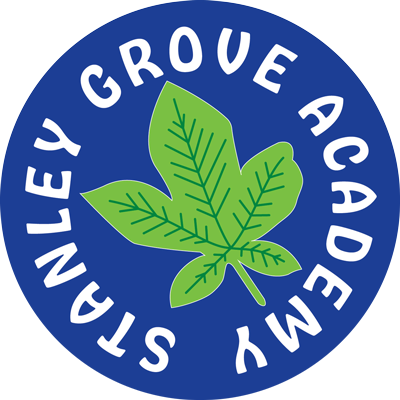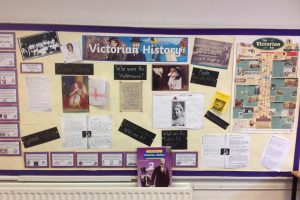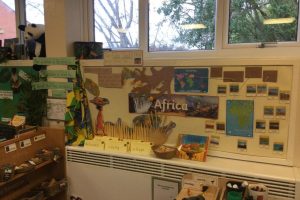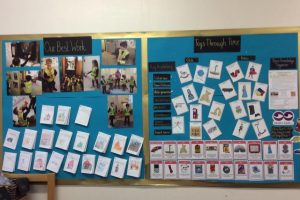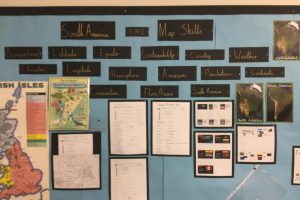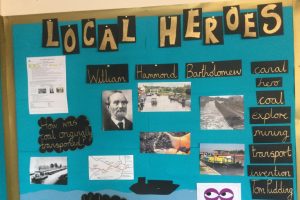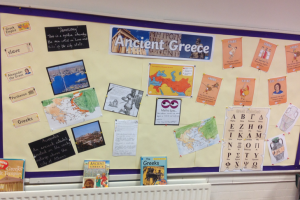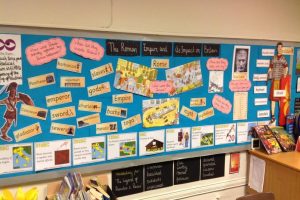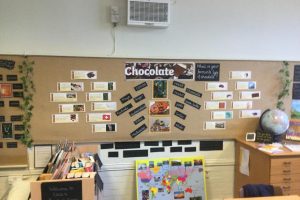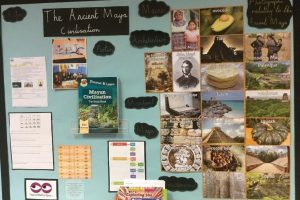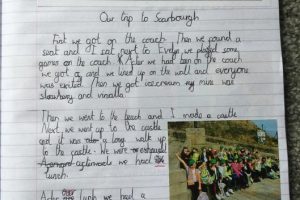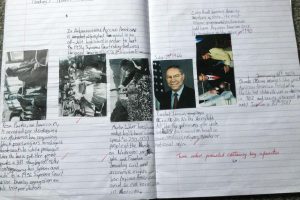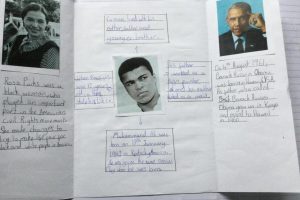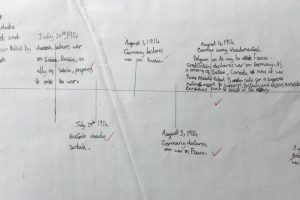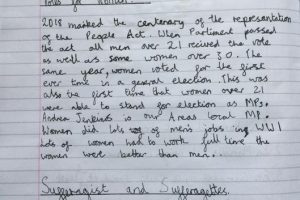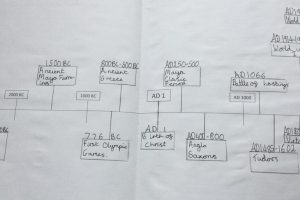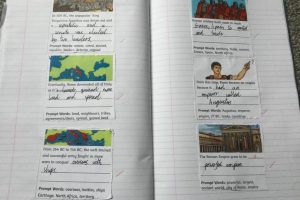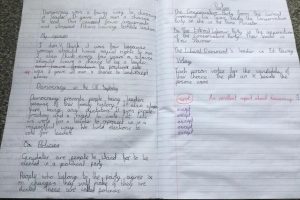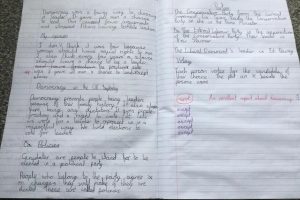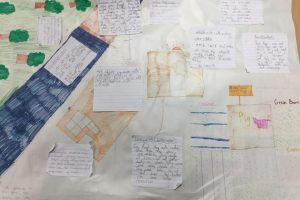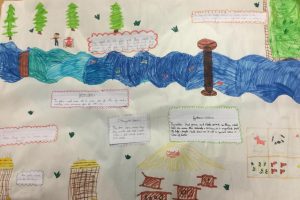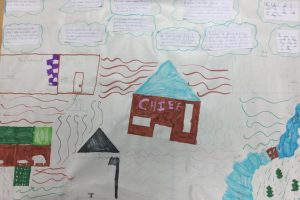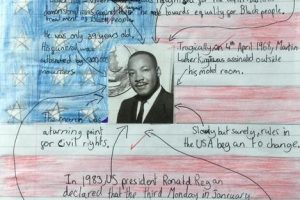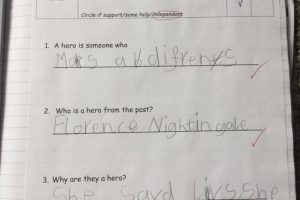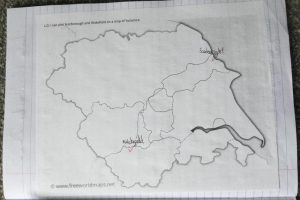Essentials for History
As a school, we have agreed to the following non-negotiables as a minimum requirement for the teaching of History:
Always:
- High standards and expectations of work
- Use exact statements from Scheme of Work (which have come directly from National Curriculum for each Year Group) for L.O.
- Vocabulary from the Topic Organiser is used and referred to within the topic lesson
Termly:
- Use Topic Organiser (including vocabulary to be covered within the topic) and ensure that History tasks included on the Topic Organiser are completed
- To have some lessons within the half term that include the bronze, silver and gold LO sheets
- To have one session that closely relates to chronology (timeline task)
- One Maths link lesson to History topic
- Non-Fiction, History books are referred to as part of topic sessions
- Complete a Frayer/Hochman diagram relating to your Topic
- English/Reading comprehension based session relating to History topic
Topic Display/Working Wall:
- History topic clearly displayed on Topic display board
- To include examples of children’s work as well as support materials for lessons.
- Pictures/photographs or diagrams relating to History topic
- To include the specific vocabulary for that History (taken from Progression Grid/Scheme of Work)
- Non-fiction, topic-related books are displayed and accessible for children in class
- Maths eyes on topic display
Where appropriate:
- Classes to have one visit per year
- Classes to included an external visitor per year
| History at Stanley Grove Primary and Nursery School | ||
| Intent | Implementation | Impact |
|
To use the National Curriculum to develop and use a clear and comprehensive scheme of work with clear progression from EYFS to Y6, with clear historical vocabulary linked to each year group for History.
|
To ensure that the scheme of work (covering National Curriculum objectives) is covered across school and to ensure that links are made with Maths and English within the subject of History. Teachers to plan from History Scheme of Work for their year group, making sure they cover the Stanley Grove essentials. History leader checks long-term plans and children’s books for coverage. Teachers carefully consider progression as they are planning (they start by revisiting prior learning and sequence lessons with a logical process in mind). Teachers further children’s knowledge, skills and understanding as they progress though school (see History progression grid). Teachers use appropriate vocabulary for their year group (see progression grid for History). Teachers revisit subject specific vocabulary, using topic organisers and displays as a vehicle for support. |
Children will aspire to achieve challenging targets and/or age expectations in History at the end of their cohort year. Children will retain knowledge that is pertinent to History (evidenced in Topic Organiser Recap sessions/quiz). Children will use historical vocabulary that is appropriate for their year group. Progression will be seen in books across year groups, as well as use of historical vocabulary across year groups.
|
| To provide a sequential, well-planned and engaging History curriculum rooted in historical enquiry, using chronology, developing an understanding of historical eras/events and how significant people have shaped the world in which we live in today. Pupils should be competent in asking questions, planning, recording and drawing conclusions and using appropriate historical knowledge. |
Teachers encourage children to be actively involved in the process of historical enquiry across a broad and balanced scheme of work for History (see progression grid for details). Children are given opportunities to develop their learning through a range of teaching approaches. Children have appropriate activities to enable them to develop as Historians. |
Children will be confident in applying historical enquiry. Children will be able to apply an independent approach to questioning, research using primary and secondary sources, understand chronology in their year group’s area of study, know some significant people and their impact, collect evidence and draw historical conclusions. Children will be able to record and report their findings. |
|
To focus an area of historical enquiry on our local area. To promote a love of History and to raise the profile of History in school. To explore and investigate how historical enquiry is used in every day career paths.
|
Teachers to provide a range of opportunity for historical enquiry. Visits e.g. Scarborough Castle, Yorkshire’s Coal Mining Museum, York Castle Museum (WW1 study), Jorvik Centre. Visitors into school: Wakefield Museum Service |
Children begin to recognise how to improve their enquiries, in order to improve further enquiries. Children should enjoy ‘hands-on experience in History’ Engaging enquiries will result in a positive impact on attainment in History. Children will enjoy History. Children will be able to understand and appreciate the work our local heroes. |
